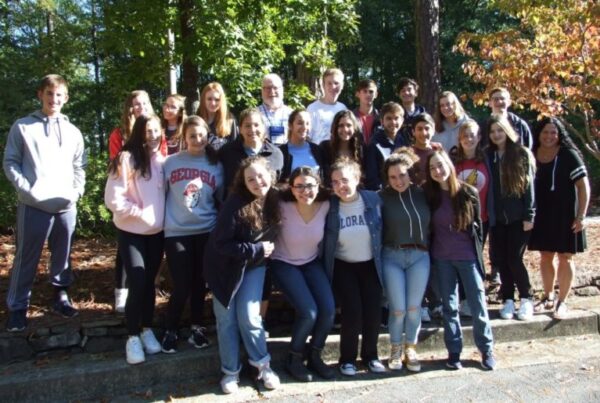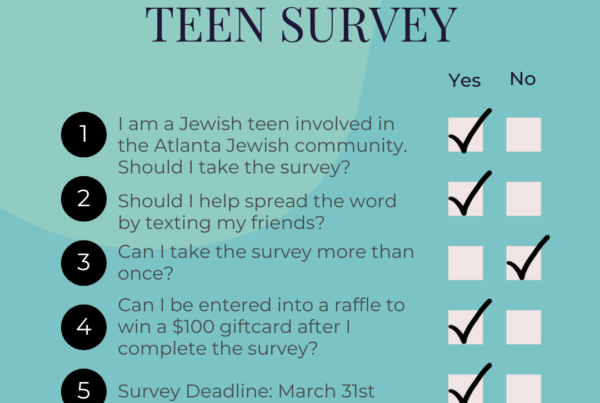JF&CS’ goal is to build a community of empowered lives and there is no better time to contribute to this goal than Mental Health Awareness month. Started in May 1949 by Mental Health America, the goal of Mental Health Awareness month has always been to bring light to those living with mental illness. To fight stigma, educate the public, and advocate for policies that support people with mental illness and their families.
Approximately one in five teens (ages 12-18) has a diagnosable mental health disorder. In these unprecedented times we are seeing increased depression and anxiety among teens due to sadness, isolation, loneliness, and uncertainty. To support the teens in our community, JF&CS clinicians are offering several groups to specifically support teens and their families. Groups include: Teen Girls, High School Seniors, and Parenting in a Pandemic: Teen and Tweens.
Social interactions, friendships and activities are of primary importance for teens, their sense of self and development. Due to COVID-19 socialization has been greatly impacted. Much of what is challenging for teens today is the inability to physically socialize in school, playing sports, extracurricular activities and just the plain old hanging out that teens do. These groups are a place for teens to process feelings and find support among their peers who may be sharing similar experiences during this time of uncertainty and change.
In an ongoing effort to support teens in our community, Rebecca Brown, LCSW and Jaime Stepansky, LMSW, certified instructors, offer Youth Mental Health First Aid courses. Mental Health First Aid is a skills-based training course that teaches adult participants about mental health and substance-use issues in youth and teens.
Here are a few tips from Mental Health First Aid to help teens cope during COVID-19:
- Maintain a daily routine with consistent sleep, activity and study patterns.
- Stay connected with others, and try to find moments of humor.
- Talk to people you feel comfortable with about your feelings or worries, then give yourself permission to stop worrying.
- Look for patterns or be aware of situations that make you feel particularly worried or anxious. When you’re in these situations, try relaxation or distraction techniques or ask a family member or friend to help.
- Limit the amount of time you spend talking about or watching/listening to news media or social media if you are finding information about the COVID-19 situation overwhelming or distressing.
- Do hobbies or activities that you enjoy, calm you down or focus your mind and body. These could be arts and crafts, physical activity, listening to music, reading, journaling, watching TV or movies, or chatting with friends by phone, videoconference or text.
- Take time for yourself.
- Be kind to yourself and each other. We’ll work through this together.
For more information about JF&CS clinical services contact Amy Maslia at 770-677-9474 or email at therapy@jfcsatl.org. To learn more about or participate in a Youth Mental Health First Aid training please contact Rebecca Brown at rbrown@jfcsatl.org.





